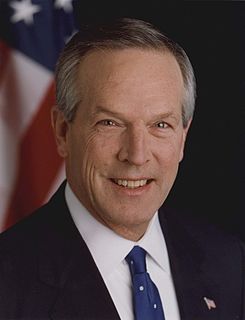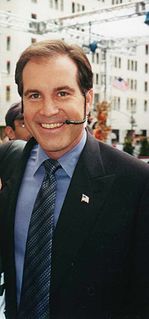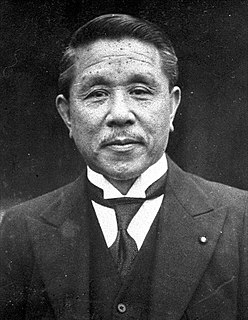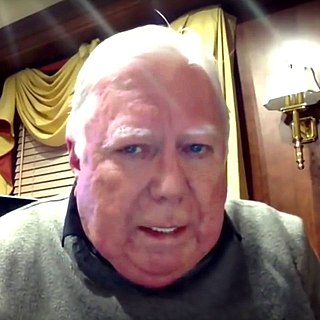A Quote by Donald Evans
This is my first visit to Africa, a region where President Bush has voiced a deep passion for fostering and encouraging economic development, investment and trade.
Related Quotes
I think everybody knows that Africa is in a very deep crisis. There is economic misery and social deprivation and that Africa needs help but the question then is how. And also we have to make sure that we don't repeat old mistakes; this help is only short term. It doesn't address Africa's long-term fundamental needs and how to put Africa on the right track to development. What Africa needs to do is to grow, to grow out of debt.
In his first year in office, President Obama pulled us back from the brink of the greatest economic crisis since the Great Depression and worked to lay a new foundation for economic growth. The president identified three key strategies to build that lasting prosperity: innovation, investment, and education.



































